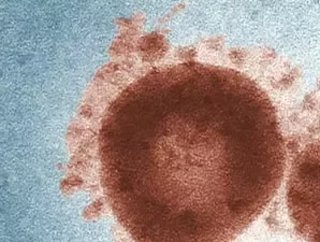AI tackles overlooked but deadly diseases

The London-based and Alphabet-owned lab is to work with the Drugs for Neglected Diseases initiative (DNDI) to treat Chagas and Leishmaniasis as scientists spending years in labs mapping protein structures. With AI last year, DeepMind’s AlphaFold programme achieved the same accuracy but in just a matter of days.
Many diseases are linked to the roles of proteins in enzymes, antibodies and hormones such as insulin, so knowing the 3D structure of a protein is vital for developing treatments for deadly illnesses such as cancer, dementia and infectious diseases. DeepMind AI-for-science head, Pushmeet Kohli said the company wanted to focus on ‘underserved’ and ‘neglected’ areas and added he hoped AlphaFold will have a real impact on understanding disease and drug discovery for the communities in most need of treatments.
Tackling serious side effects
Both Chagas and Leishmaniasis affect up to 23 million people around the world and so far repurposing existing drugs has not been successful. So far they are treated with outdated drugs that can have serious side effects and may not be fit for purpose. It is thought AI could be a game changer, by predicting protein structures for previously unsolvable protein structures and it is hoped AlphaFord will open new research horizons.
Learning the lessons
DeepMind had been criticised in recent years after data from its health division was transferred to its parent company, Google. Because of this, some partners withdrew from its Streams app, which helps doctors and nurses in some NHS hospitals monitor patients with kidney conditions. However, last year, the AI program was used to map some Sars-Cov-2 virus proteins.
Virologists used this information to better understand how the virus behaved.
DeepMind also said it would be publishing a peer-reviewed paper detailing the workings of its system, providing free access to AlphaFord for the scientific community. It plans to collaborate on tackling further diseases in the future.






